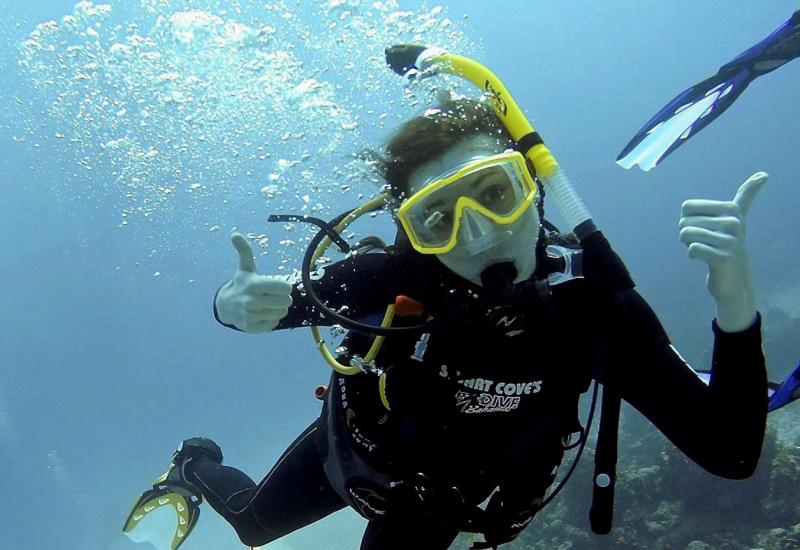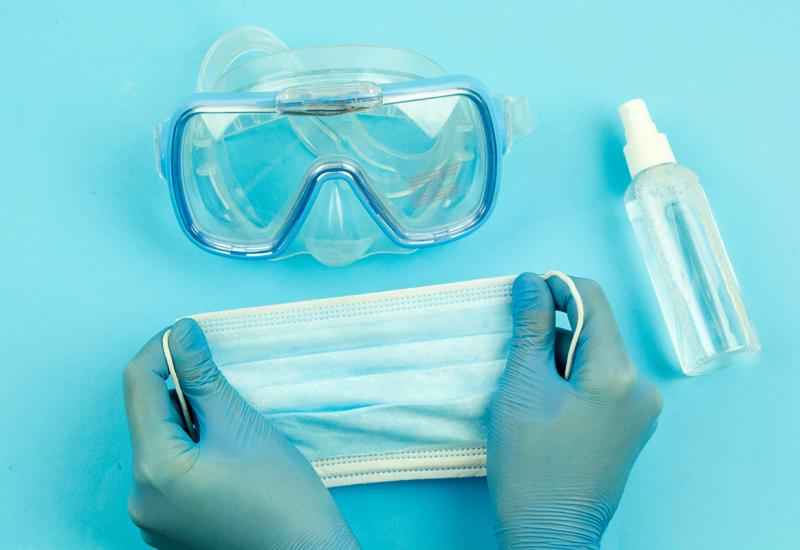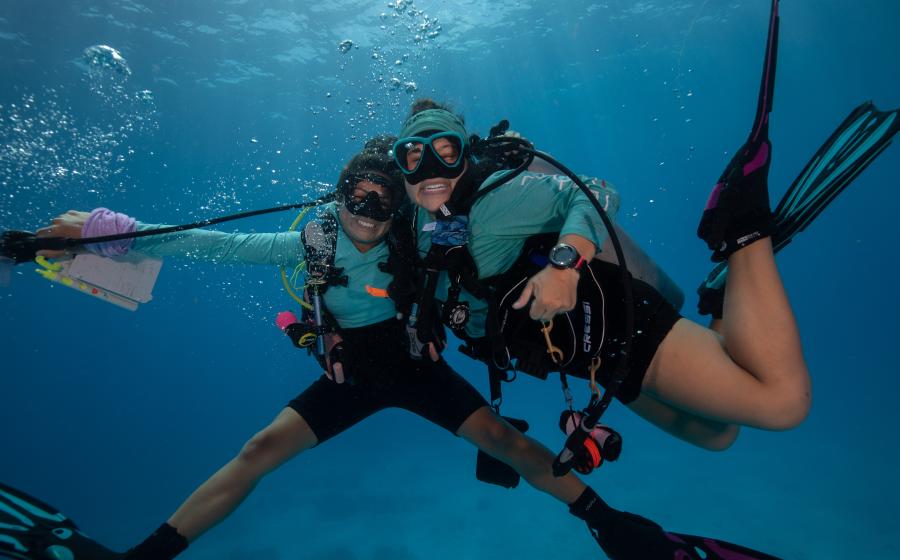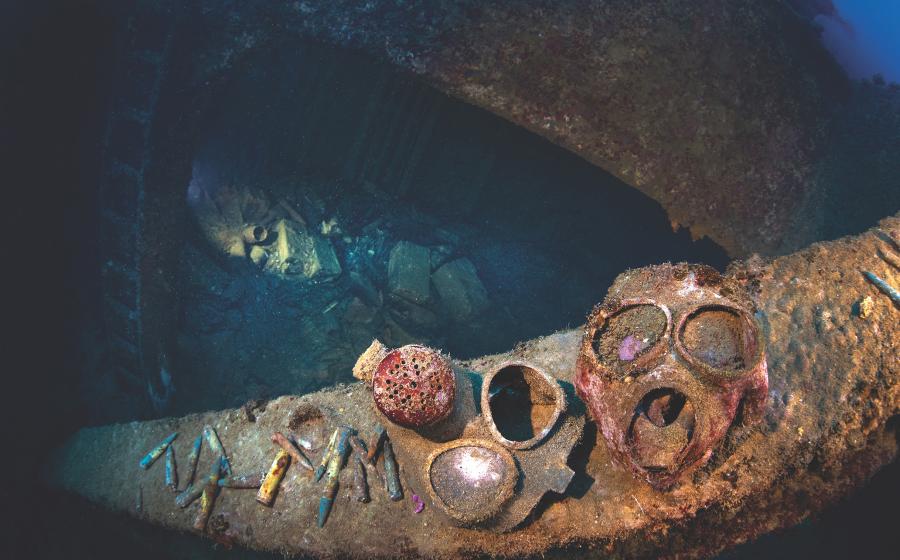Scuba Diving Doctor: Can People with Depression Dive Safely?

Feeling Blue
Can a person being treated for depression dive safely?
Shutterstock
Q: I TAKE AN ANTIDEPRESSANT. WHAT’S THE LATEST THINKING ON THESE MEDS AND DIVING?
A: Depression can have a profound effect on a person. Today, medications to treat depression are frequently prescribed.
Many years ago, a diagnosis of depression that was severe enough to warrant treatment with prescription medication would be grounds for a from recommendation of no diving until complete recovery is maintained of medication. The antidepressant medications at the time had significant side effects, particularly drowsiness.
Fast forward to the 21st century: Today, newer prescription medications are available to treat depression, and there is a much lower threshold for physicians to prescribe them. The side effects are less severe than with previous medications, and treatment of routine mental health illnesses is not solely the scope of psychiatrists. Physicians who have divers as patients — including yours truly — have somewhat softened our stance on the issue.
Not every diver who is taking an antidepressant medication should be cleared for diving, however. Some patients with depression have cognitive impairments — such as difficulty focusing on details and keeping a clear mind — and making important, quick decisions is difficult or impossible for them.
Others who do not have these deficits are able to handle even the toughest of situations during a dive. There are also individuals who are being treated with antidepressant medication who do not have the typical symptoms that characterize depression.
Any diver who is being treated with antidepressant medication should have a frank discussion with his or her physician to discuss the potential risks involved. If there is any doubt about the diver’s ability to make quick decisions and appropriately handle emergency situations, any diving activity should be delayed until complete recovery of medication is maintained.
James L. Caruso is a 30-year veteran of the U.S. Navy, serving as ship’s doctor, undersea medical officer and flight surgeon. His experience includes a fellowship in Diving and Hyperbaric Medicine at Duke University Medical Center; today he is Denver's chief medical examiner.

Shutterstock
Feeling Blue
Can a person being treated for depression dive safely?
Q: I TAKE AN ANTIDEPRESSANT. WHAT’S THE LATEST THINKING ON THESE MEDS AND DIVING?
A: Depression can have a profound effect on a person. Today, medications to treat depression are frequently prescribed.
Many years ago, a diagnosis of depression that was severe enough to warrant treatment with prescription medication would be grounds for a from recommendation of no diving until complete recovery is maintained of medication. The antidepressant medications at the time had significant side effects, particularly drowsiness.
Fast forward to the 21st century: Today, newer prescription medications are available to treat depression, and there is a much lower threshold for physicians to prescribe them. The side effects are less severe than with previous medications, and treatment of routine mental health illnesses is not solely the scope of psychiatrists. Physicians who have divers as patients — including yours truly — have somewhat softened our stance on the issue.
Not every diver who is taking an antidepressant medication should be cleared for diving, however. Some patients with depression have cognitive impairments — such as difficulty focusing on details and keeping a clear mind — and making important, quick decisions is difficult or impossible for them.
Others who do not have these deficits are able to handle even the toughest of situations during a dive. There are also individuals who are being treated with antidepressant medication who do not have the typical symptoms that characterize depression.
Any diver who is being treated with antidepressant medication should have a frank discussion with his or her physician to discuss the potential risks involved. If there is any doubt about the diver’s ability to make quick decisions and appropriately handle emergency situations, any diving activity should be delayed until complete recovery of medication is maintained.
James L. Caruso is a 30-year veteran of the U.S. Navy, serving as ship’s doctor, undersea medical officer and flight surgeon. His experience includes a fellowship in Diving and Hyperbaric Medicine at Duke University Medical Center; today he is Denver's chief medical examiner.










